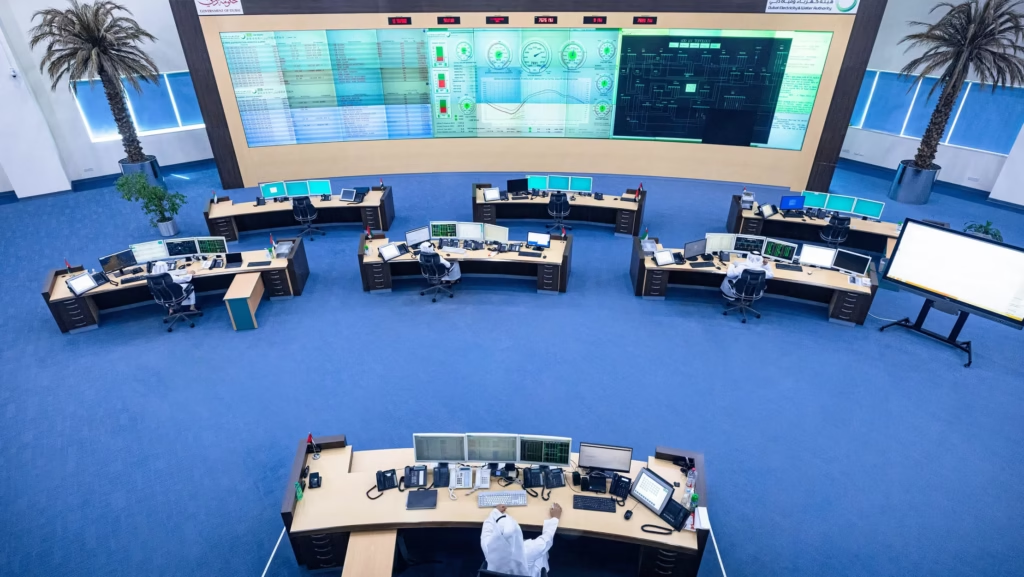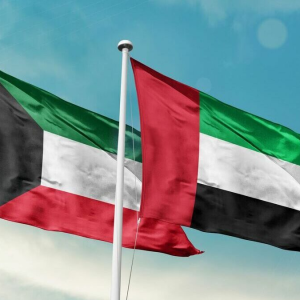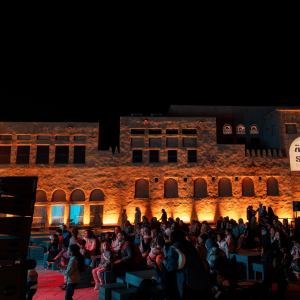In a significant step towards enhancing water conservation, the Dubai Electricity and Water Authority (DEWA) has started testing smart water meters in various areas across the city. The initiative aims to improve water management, prevent wastage, and detect leaks more efficiently. These advanced meters will play a vital role in addressing the growing demand for water and ensuring its sustainable use in Dubai’s households.
A New Era of Water Management
The pilot program by DEWA is a part of the authority’s broader strategy to use advanced technology to optimize utility services in Dubai. Smart water meters are designed to track water consumption in real time, allowing both residents and authorities to monitor usage with precision. This technology is expected to revolutionize how water is managed, both in terms of efficiency and sustainability.
Smart meters are equipped with sensors that can identify any irregularities in water flow, including leaks, which are often a major source of water wastage. By detecting leaks early, residents can prevent further damage and unnecessary water loss. This feature is especially beneficial in Dubai, where water scarcity is a growing concern due to the harsh climate and limited natural water resources.

Reducing Water Waste
Water wastage has been a longstanding issue in many households across Dubai, and DEWA’s smart meters could be the key to solving this problem. According to experts, households often unknowingly waste water due to leaking pipes or inefficient usage. Traditional water meters only provide readings on a monthly basis, making it difficult for residents to track their consumption in real-time.
With the introduction of smart meters, DEWA is aiming to empower customers to better manage their water usage. The meters will provide residents with real-time data on their water consumption through a smartphone application, helping them monitor their usage and make adjustments when needed. For example, if a user notices a sudden increase in water usage, they can immediately check for leaks or address other potential causes of the spike.

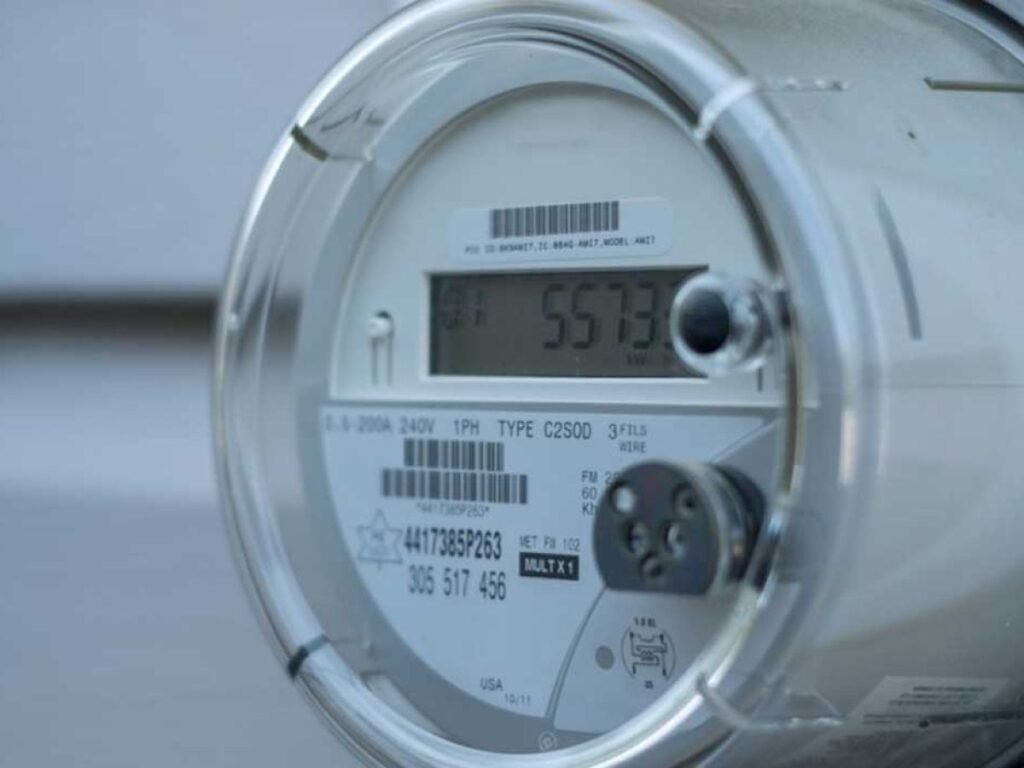
By having access to this data, residents can take proactive steps to minimize waste and save money on their water bills. For instance, they might discover that certain appliances are using more water than expected and make changes accordingly. The ability to track water usage directly from their phones means that customers can act quickly, reducing the overall demand for water in Dubai.
How Smart Meters Work
The smart meters being tested by DEWA are equipped with advanced sensors and communication technology that provide real-time data on water usage. These meters are connected to a centralized system that allows DEWA to monitor water consumption across the city. The system can instantly detect unusual patterns in water flow, such as spikes or drops that may indicate a leak or malfunction.
In the event of a leak, the system will send an alert to both the customer and DEWA, ensuring that the issue is addressed promptly. This reduces the amount of water lost and prevents further damage to the property. The smart meters also allow for remote reading, eliminating the need for physical meter readings, which can be time-consuming and prone to errors.
For customers, the smart meters offer the convenience of checking their water usage at any time. The DEWA mobile app will provide detailed insights into consumption patterns, helping residents track their usage and set goals for reducing water waste. This level of transparency makes it easier for households to take control of their water bills and consumption habits.
Benefits of the Smart Water Meters
The introduction of smart water meters brings a host of benefits, not only for residents but also for the environment and the city as a whole. Here are some key advantages of this new system:
- Water Conservation: By detecting leaks early and providing real-time consumption data, the smart meters help reduce water wastage, promoting conservation efforts in a city where water is a precious resource.
- Cost Savings: With real-time monitoring, residents can identify areas where they can reduce water usage, leading to lower water bills.
- Faster Response to Issues: When a leak or other issue is detected, DEWA can respond more quickly, preventing further damage and loss of water.
- Improved Customer Experience: The convenience of accessing water usage data through a mobile app allows residents to better understand their consumption habits and make informed decisions.
- Data-Driven Decisions: With access to detailed usage data, DEWA can make more informed decisions about water management and infrastructure development, ensuring that resources are allocated efficiently.
A Step Towards Sustainable Living
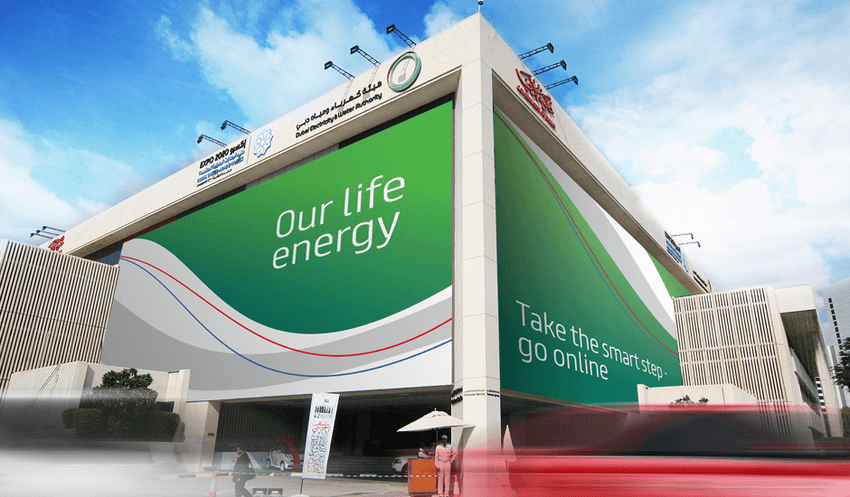
The pilot program of smart water meters is part of DEWA’s broader efforts to build a sustainable future for Dubai. The city is known for its ambitious sustainability goals, and the introduction of smart meters is a key step towards achieving these objectives. By reducing water waste, DEWA is helping to ensure that the city’s water supply remains secure for future generations.
The smart meters also align with Dubai’s commitment to embracing digital transformation and smart technologies. By integrating the latest innovations into its infrastructure, Dubai is positioning itself as a leader in sustainability and smart city development. This initiative is just one of many that demonstrate DEWA’s dedication to improving the quality of life for residents while minimizing the environmental impact of the city.
Looking Ahead
As DEWA continues to test the smart water meters across Dubai, the authority is closely monitoring the results to assess the effectiveness of the system. If the pilot program proves successful, DEWA plans to roll out the smart meters citywide, offering all residents the opportunity to benefit from this cutting-edge technology.
In the future, DEWA may also expand the capabilities of the smart meters to include additional features, such as leak detection for entire neighborhoods or automated adjustments to water pressure. This would further enhance the efficiency of water management in Dubai and help the city achieve its long-term sustainability goals.
For now, the smart water meter pilot is a significant milestone in Dubai’s journey toward more efficient and sustainable water management. It demonstrates the potential of technology to solve real-world problems and improve the lives of residents while preserving the environment.
Conclusion
DEWA’s pilot program of smart water meters marks an important step towards addressing the growing challenges of water conservation and management in Dubai. By providing residents with real-time data on their water consumption and detecting leaks early, the smart meters are helping to reduce water waste and promote a more sustainable lifestyle. As the program expands, it has the potential to transform how water is managed in Dubai, ensuring that this precious resource is used wisely and efficiently for years to come.
Also read: Techstars MENA Demo Day Highlights UAE’s Best Startups in AI and Healthtech

